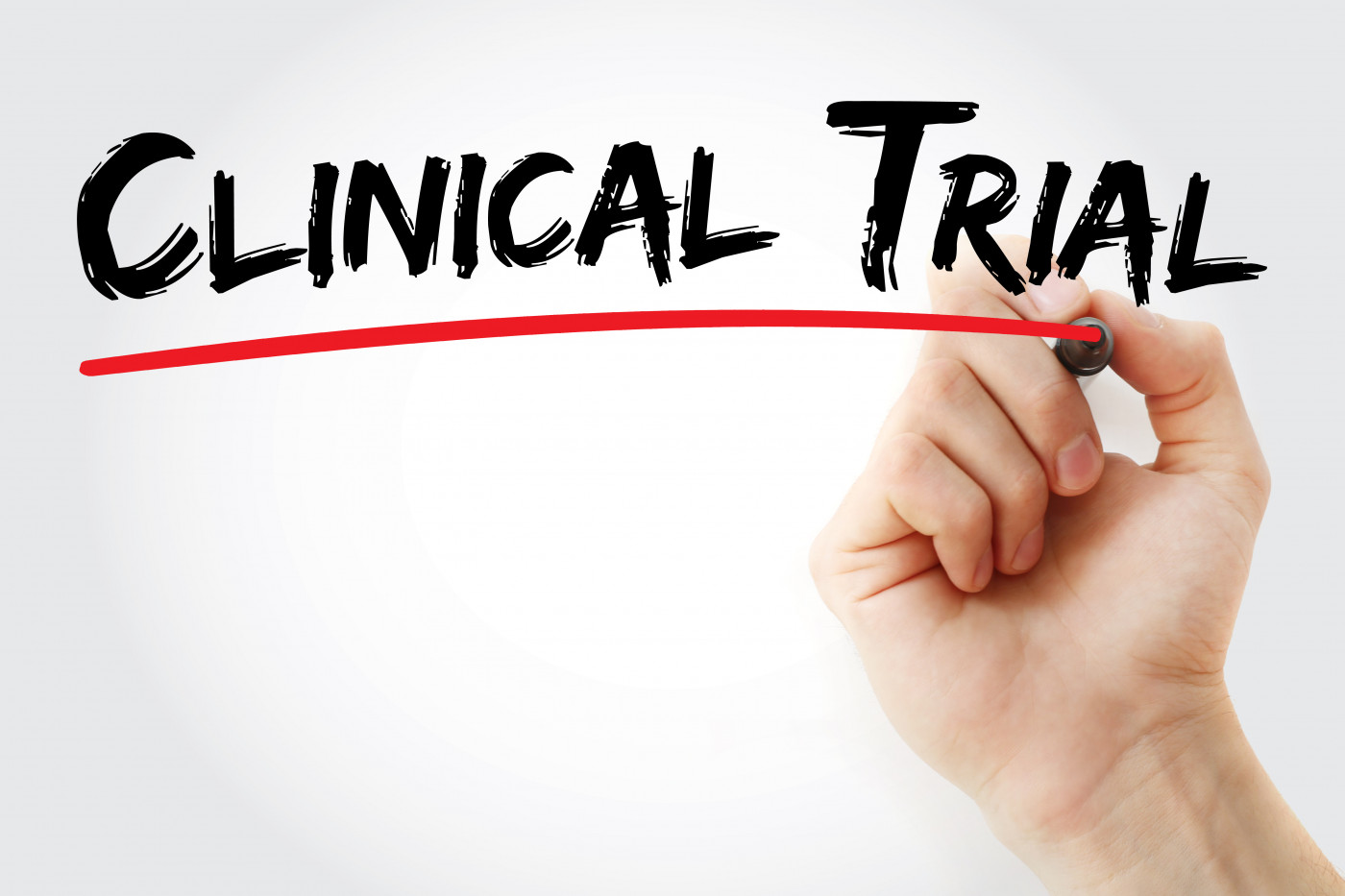Pemziviptadil Shows Promise in Small Clinical Trial
Written by |

PhaseBio Pharmaceuticals‘s investigational therapy pemziviptadil (PB1046) showed a good safety profile and clinically meaningful effects on physical function in a small clinical trial of three people with pulmonary arterial hypertension (PAH).
The findings support further evaluation of pemziviptadil as a potential therapeutic for PAH, according to researchers.
“Though these results are from a small number of patients in a pilot study of pemziviptadil, we are encouraged to see that this novel therapeutic agent has provided symptomatic relief and meaningful clinical benefits while continuing to demonstrate a favorable safety and tolerability profile,” John Lee, MD, PhD, chief medical officer at PhaseBio, said in a press release.
The findings were presented in the poster “Safety, Tolerability, and Changes in Six-Minute Walk Test After Open-Label Subcutaneous PB1046, A Sustained-Release Analogue for Vasoactive Intestinal Peptide (VIP), in Pulmonary Arterial Hypertension (PAH),” at the 15th Pulmonary Vascular Research Institute (PVRI) World Congress in late January.
PAH is characterized by increased blood pressure in the blood vessels that transport blood to the lungs. Pemziviptadil is an analogue of vasoactive intestinal peptide (VIP), a naturally-occurring hormone that acts to lower blood pressure. VIP also has been reported to reduce inflammation and fibrosis (scarring).
Pemziviptadil is a form of VIP that has been modified so that it lasts longer in the body, making it better suited for use as a medication.
A pilot Phase 1/2a clinical trial (NCT03315507), sponsored by PhaseBio, evaluated pemziviptadil in three female participants with PAH. The medication was administered by subcutaneous (under-the-skin) injections once weekly for at least eight weeks (at times extended due to subjective improvements).
All three participants had a permanently implanted hemodynamic monitor (CardioMEMS HF System), which is a device placed in the pulmonary artery to continuously measure heart rate and blood pressure.
A previous case study from one of the participants indicated that the treatment improved hemodynamic parameters — reduced blood pressure in the pulmonary artery and less resistance to blood flow in the lungs — and showed the medication to be well-tolerated.
The new data presented at the PVRI Congress further support pemziviptadil’s safety and tolerability, as the therapy was generally well-tolerated by all three patients, with no treatment-related serious adverse side effects associated with discontinuing the drug. All three participants completed the study.
In one participant — a 29-year-old who was the subject of the previous case report — 18 months of pemziviptadil treatment led to a 78-meter (85-yard) increase in the six-minute walk test (6MWT). Specifically, 6MWT scores increased from 468 meters (511 yards) at the start of the study to 546 meters (597 yards) after 18 months, representing a 17% increase.
The 6MWT measures how far a person can walk in six minutes. This measurement is commonly used as a general assessment of physical function in people who can walk.
In the two other participants — a 61-year-old treated for two months and a 74-year-old treated for six months — 6MWT scores remained essentially stable. Researchers emphasized that, in these individuals, stable scores mean there was no clinically meaningful deterioration in physical function.
Taken together, “the preliminary data for Pemziviptadil support continued evaluation as a potential novel therapy for PAH patients,” the researchers concluded.
PhaseBio is now conducting a Phase 2b clinical trial (NCT03556020), which is evaluating pemziviptadil in up to 63 adults, ages 18 to 79, with PAH. Results from this trial are expected later this year. The trial is recruiting participants at 24 locations across the U.S.; more information is available here.
“Having observed early signs of potential efficacy in PAH patients with once-weekly pemziviptadil in this pilot study, we continue to be optimistic about the program and look forward to the results from the ongoing Phase 2b trial, which remains on track for a readout in the second half of this year,” Lee said.



